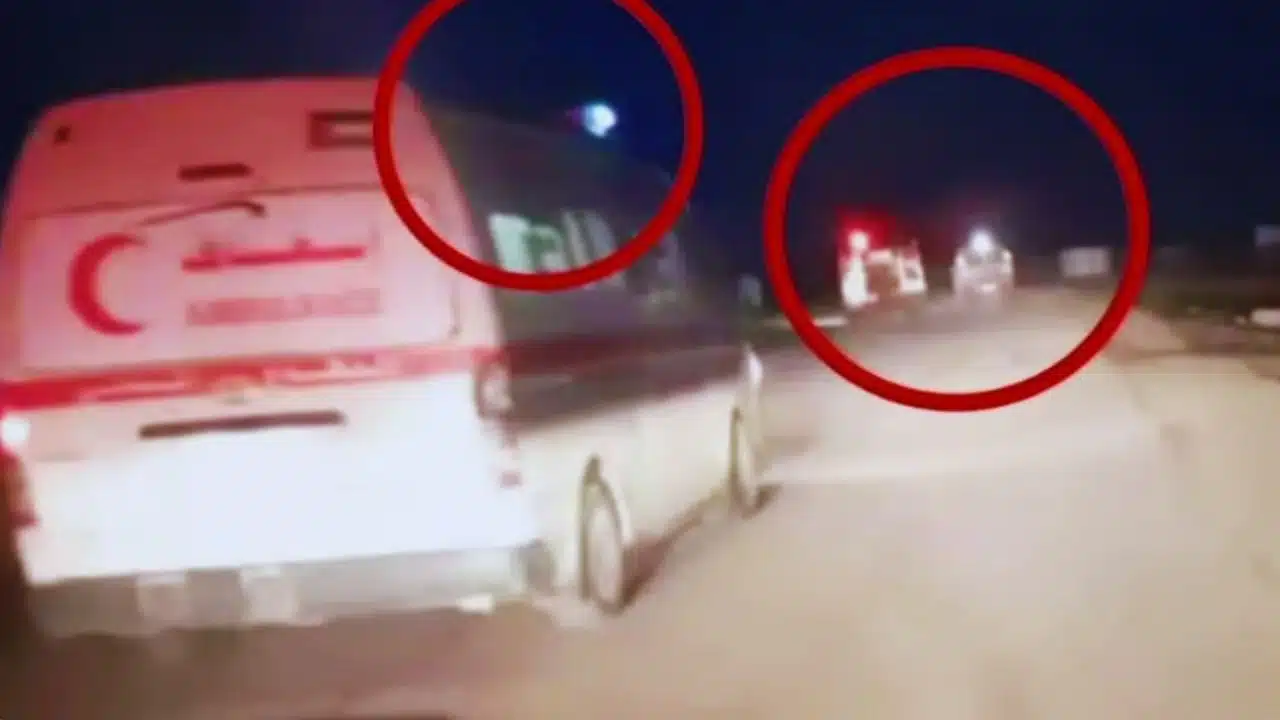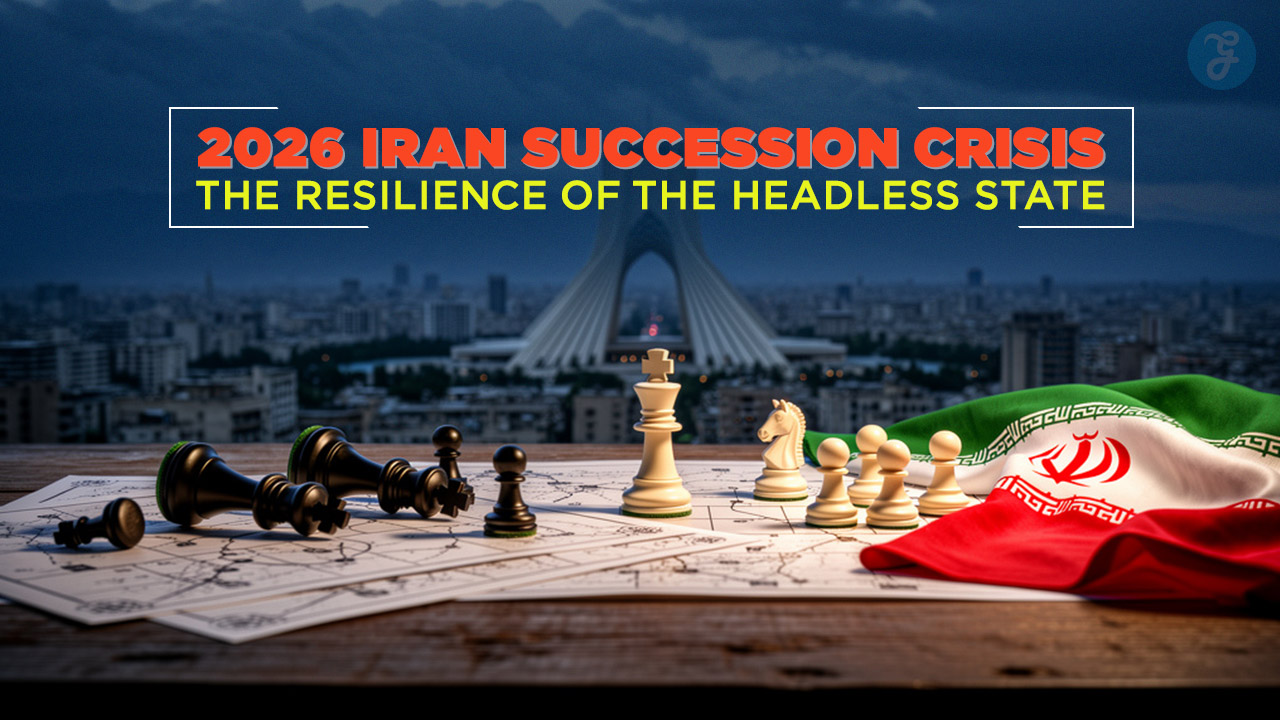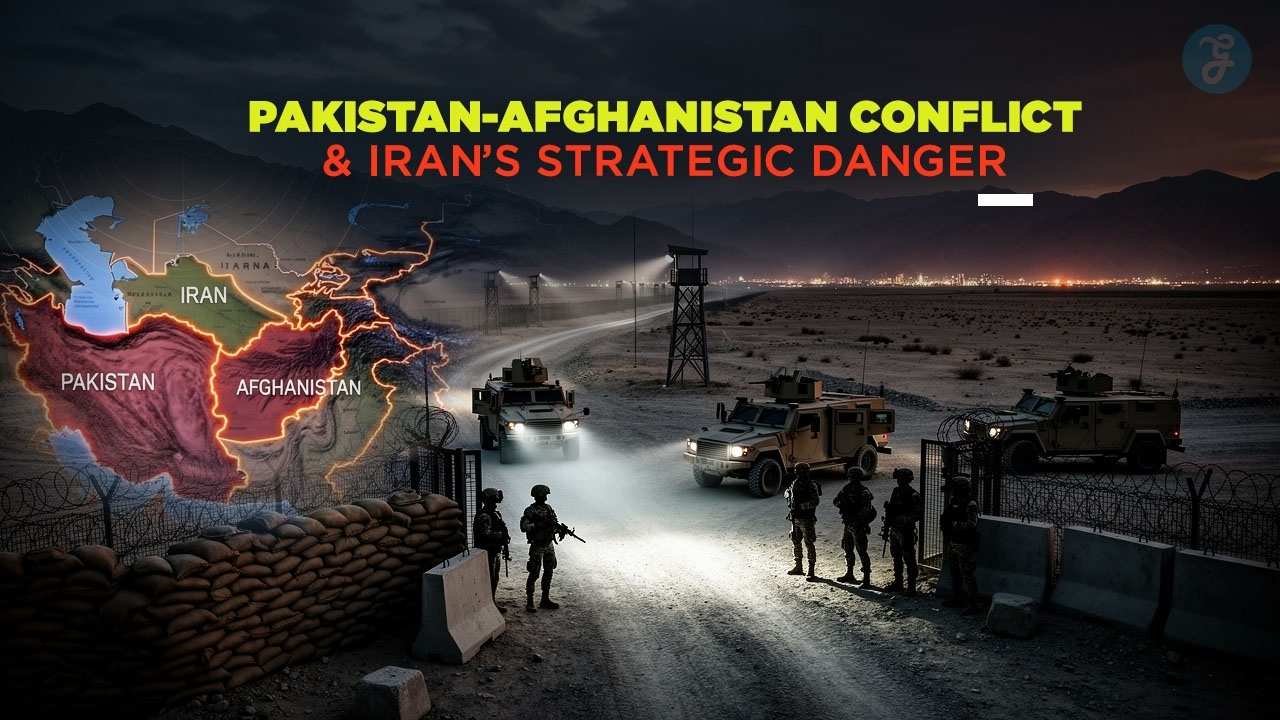The Israeli military has officially admitted that a series of “professional failures” by its forces led to the deaths of 15 humanitarian workers in Gaza during a military strike on March 23, 2025. The fatalities included 14 emergency responders and one United Nations (UN) employee. The victims were traveling in a humanitarian aid convoy, made up of clearly marked vehicles belonging to the Palestine Red Crescent Society (PRCS), the UN, and local fire services.
The convoy came under fire in the early hours of the morning in the southern Gaza city of Rafah, an area heavily impacted by ongoing military operations since Israel resumed its campaign against Hamas in March following a brief ceasefire.
IDF Internal Investigation Confirms Multiple Failures
An internal investigation by the Israel Defense Forces (IDF), led by Major General Yoav Har-Even, concluded that the incident was the result of several operational errors. Among the findings were:
- Operational misunderstanding at the field level.
- Failure to correctly identify humanitarian vehicles, which were equipped with flashing emergency lights.
- Breach of standard engagement protocols.
- Poor visibility conditions cited as a contributing factor.
- Incorrect initial field report submitted by the deputy commander involved.
As a result of the probe, the deputy commander was dismissed for providing an inaccurate and incomplete debrief, while another senior officer received a formal reprimand for his broader role in the operation.
Initial IDF Claims Contradicted by Video Evidence
Initially, the IDF had claimed that its troops believed they were under threat when the convoy approached “suspiciously” without headlights or prior coordination. However, this narrative quickly fell apart after video evidence was recovered from a mobile phone found on one of the deceased paramedics.
The footage clearly showed the convoy’s vehicles traveling with emergency lights flashing and paramedics wearing reflective uniforms. In the video, the convoy stops by the roadside just before dawn. Soon after, gunfire erupts, and one of the medics is heard reciting a final prayer as soldiers approach. The shooting continues for several minutes, and the presence of IDF soldiers can be heard in the background. This footage strongly contradicted the claim that the convoy was unmarked or posed an imminent threat.
IDF Says Some Casualties Were Hamas Members — No Evidence Publicly Presented
During the public briefing, Major General Har-Even stated that six of the 15 individuals killed were believed to be Hamas operatives, although no public evidence was presented to substantiate the claim. He said their names would be released later, but as of this writing, no such confirmation has been issued.
The IDF denied allegations of summary executions, asserting that all engagement followed operational procedures. However, international observers and human rights groups have raised serious concerns regarding the proportionality and intent of the strike.
Bodies Found Buried in Sand, Delayed Recovery Due to Security Risks
Following the attack, the bodies of the emergency workers remained buried under sand and debris for several days, as international humanitarian agencies were unable to reach the site due to ongoing hostilities and lack of safe passage. Their remains were only recovered a week later, underlining the dangerous conditions aid workers face while operating in Gaza.
Palestinian Red Crescent Rejects IDF Report, Demands Independent Probe
In a strongly worded response, the Palestinian Red Crescent Society (PRCS) dismissed the IDF’s internal investigation as “invalid”, arguing that it seeks to minimize accountability by shifting blame to field-level personnel rather than systemic military policy.
A PRCS spokesperson said, “This report justifies and shifts the responsibility to a personal error in the field command, when the truth is quite different. The facts clearly show this was a targeted attack on humanitarian workers.”
Multiple organizations, including the International Committee of the Red Cross (ICRC) and the United Nations, have called for a fully independent international investigation into the incident.
A PRCS Paramedic Still Detained by Israel
The IDF confirmed that it is currently detaining a paramedic from the PRCS who survived the attack. His name was not released by the military, but the International Committee of the Red Cross identified him as Assad al-Nassasra. His legal status and the circumstances of his detention remain unclear.
Pattern of Mistaken Strikes on Aid Workers
This is not the first time Israel has faced global criticism for attacking humanitarian workers in Gaza. In April 2024, seven aid workers from the World Central Kitchen were killed in a separate incident. Following that event, the IDF also dismissed two officers and disciplined others.
Human rights advocates argue that such internal accountability measures are insufficient and do not substitute for independent, transparent investigations.
Context: Ongoing Conflict and Humanitarian Crisis
Israel launched its military campaign in Gaza in response to the October 7, 2023 attack by Hamas, which left approximately 1,200 people dead and 251 taken hostage, including civilians. The retaliation has resulted in catastrophic humanitarian consequences, particularly in Gaza.
Since then, more than 51,000 people have been killed in Gaza, according to the Hamas-run health ministry. A significant portion of the casualties include women, children, journalists, and medical personnel. Infrastructure, including hospitals, schools, and shelters, has been severely damaged or destroyed.
Despite multiple ceasefire attempts, including a two-month truce earlier this year, Israel resumed its offensive on March 18, 2025, following stalled negotiations on a broader ceasefire agreement.
Global Reactions and Ongoing Demands for Accountability
Global agencies, including Doctors Without Borders (MSF), UNRWA, Human Rights Watch, and Amnesty International, have all condemned the March 23 attack and are calling for urgent international accountability mechanisms.
Many argue that Israel’s internal investigations lack transparency and impartiality, often resulting in limited consequences for high-level decision-makers. The growing death toll and repeated incidents involving humanitarian workers have led to intensified diplomatic pressure on Israel to adhere to international humanitarian law and protect civilian and aid personnel.
The Information is Collected from BBC and CNN.







































